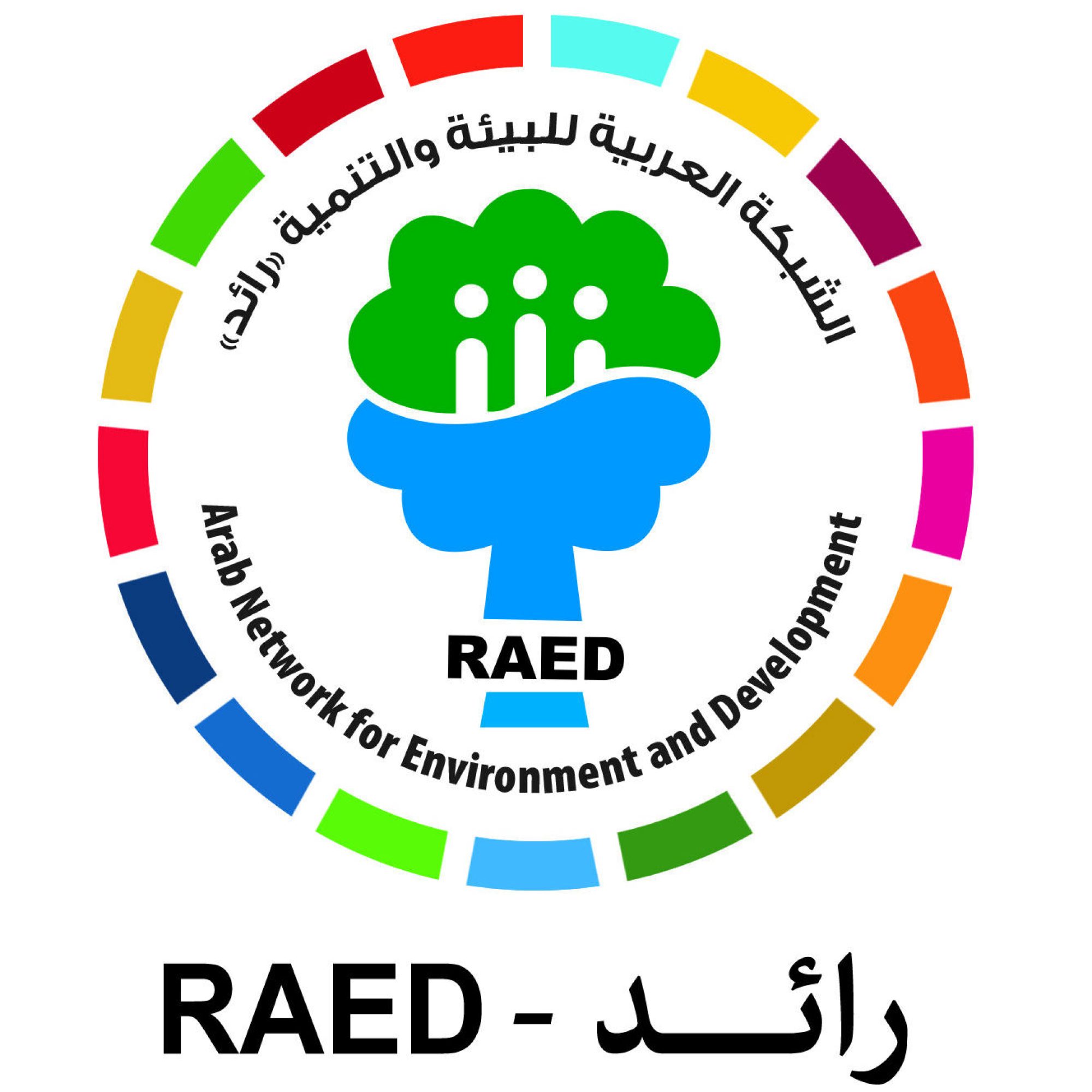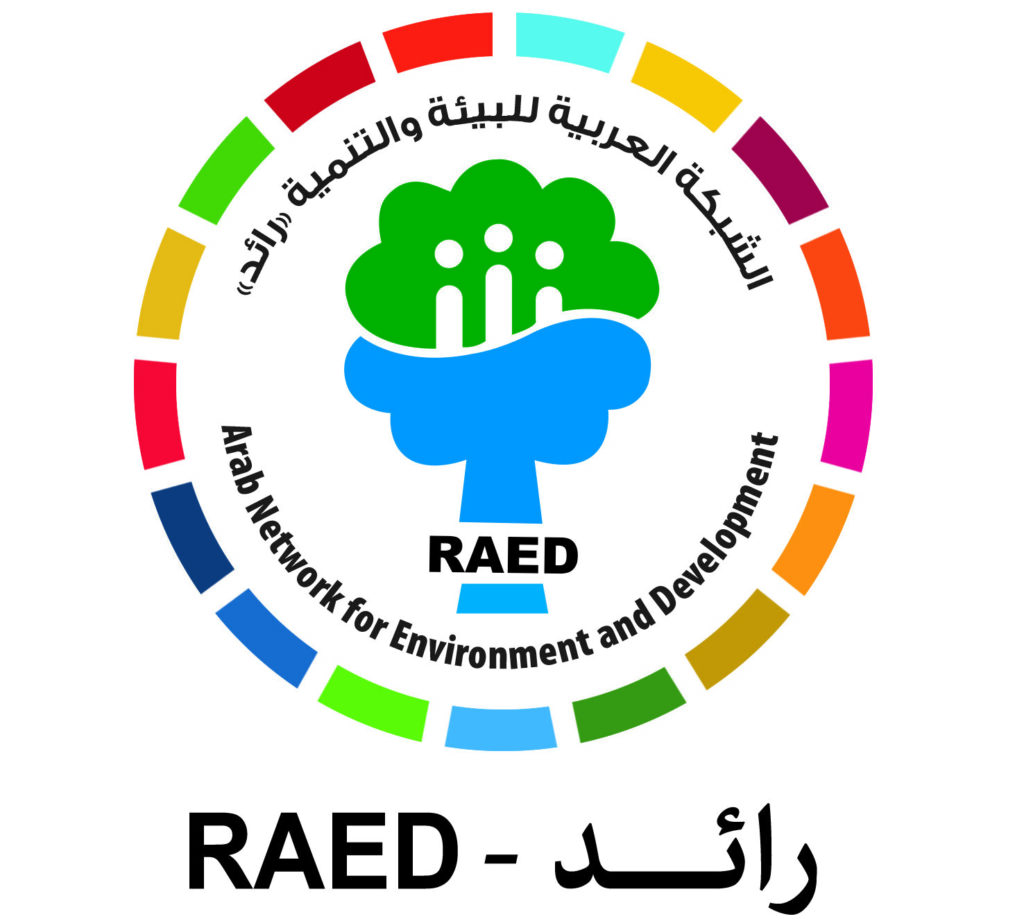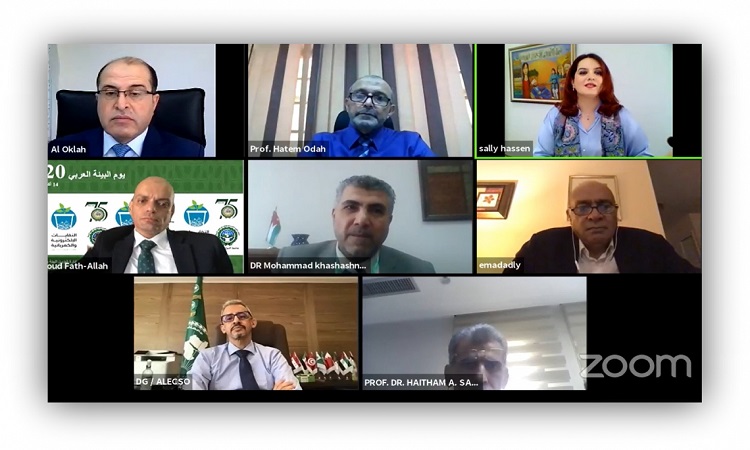Electronic and electrical waste is the slogan of “Arab Environment Day” for the year 2020
The Arab countries have placed the issue of electronic and electrical waste as a slogan for the annual celebration on the occasion of “Arab Environment Day” for the year 2020, which falls on October 14 of each year, and coincides with the date of issuance of the decisions of the first meeting of the Council of Arab Ministers Responsible for Environmental Affairs, in 1987, that is, 33 years ago. .
While the Ministerial Council, in its founding meeting, adopted a number of programs to translate the “Arab Declaration on Environment and Development” into areas of joint cooperation, including combating desertification, combating industrial pollution, and spreading environmental awareness, the Council’s interests have expanded, over these years, to include Topics of sustainable development, green economy, climate change, and other topics that affect the quality of life of citizens in various Arab countries.
Since that date, Arab countries, specialized Arab organizations and the Council’s partners have been celebrating “Arab Environment Day” by organizing various seminars, activities and programmes, to spread environmental awareness and discuss the most important environmental issues and challenges in the Arab region, and a main topic is chosen for the celebrations every year. This year, the topic “Electronic and Electrical Waste… Reality and Solutions” was chosen.
This slogan aims to shed light on the importance of safe disposal and recycling of electronic and electrical waste, the volume of which has increased in light of the rapid development of technology, the obsolescence of its products, and the significant environmental and health damage that electronic waste represents.
The Arab Network for Environment and Development “Raed” was keen to celebrate this occasion, with a working paper entitled “The Role and Models of Civil Society to Confront the Problem of Electronic and Electrical Waste,” presented by Dr. Imad El-Din Adly, the network’s general coordinator, during a celebration organized by the Arab Educational, Cultural and Scientific Organization (ALECSO). », headed by Dr. Haitham Abdullah Salman, Director of the Organization’s Science and Scientific Research Department.
While the “Raed” coordinator considered that electronic waste poses a serious challenge to all countries of the world, due to the toxic materials and complex compounds it contains, he confirmed that it represents approximately 50% of municipal waste, and if it is not managed properly, it poses a major threat to the safety of the environment. In general, especially soil and groundwater, electronic circuit boards, batteries, wires, resistors, capacitors, and other delicate internal parts contain metals and toxic chemicals, and their danger increases when burning these highly toxic wastes, which produce gases such as carbon, sulfur, and nitrogen oxides, which It forms, by interacting with volatile organic compounds, what is known as “ground-level ozone.”
Adly referred to a report issued by the United Nations last year, which concluded that the amount of electronic and electrical waste (e-waste) produced by humans annually amounts to about 50 million tons, while most of the amount of this waste goes to random disposal sites and leaks into nature. What is being systematically recovered and recycled does not exceed 20% of the total amount generated.
He added that official estimates indicate that the amount of electronic waste generated annually in Arab countries amounts to about 3 million tons, more than half of which is produced by three countries: Egypt, Saudi Arabia, and Algeria, and the average amount of electronic waste produced by an Arab citizen annually reaches 6.8 kilograms, as The percentage rises in the Gulf countries, in addition to Lebanon and Algeria, to more than 11 kilograms, and the percentage jumps in Saudi Arabia, Kuwait, Bahrain, and Oman to more than 15 kilograms, and the rate of electronic waste generation in the rest of the countries decreases to about 6 kilograms or less, reaching 6.6 kilograms in Iraq. In Jordan, Tunisia and Egypt, 5.6 kilograms, and in Mauritania and Sudan, 1.3 kilograms.
The general coordinator of the “Raed” network called for the importance of building a participatory approach with all parties concerned and related to the issue of electronic waste management, to reach a clear and specific vision that contributes to finding logical solutions to reduce the effects of this incorrect management, as well as highlighting the dangers of this waste, and calling for the enactment of Legislation and laws that would activate the decisions of international agreements that deal with hazardous waste in general, and the importance of awareness and capacity building for all different groups and sectors, such as the youth, women and children sectors, in addition to the importance of forming civil alliances at the national and regional levels, in order to exchange experiences and provide technical support. Finance and financial institutions to establish regional projects that contribute to spreading the concept of electronic and electrical waste management.
The Egyptian Ministry of Environment also celebrated Arab Environment Day, via social media platforms, by displaying a number of videos and notices to raise awareness of the effects of electronic waste on the environment and humans, and the role of the individual and society in safely disposing of it. The Minister of Environment, Dr. Yasmine Fouad, stressed the importance of this event in shedding light. The importance of safe disposal and recycling of electronic and electrical waste, the volume of which has increased in light of the rapid development of technology, the obsolescence of its products, and the significant environmental and health damage that electronic waste represents if it is not disposed of safely.
The Minister of Environment indicated that this year’s slogan emphasizes the importance of Arab solidarity at all levels, to confront all environmental challenges, especially the safe disposal of electronic waste, in order to move towards a sustainable future that guarantees the health of humans and the planet. She added that the Ministry presented a number of videos and notices. , in conjunction with the celebration of Arab Environment Day, to emphasize the importance of educating citizens, especially young people, about the importance of protecting the environment, and participating in the proper management of electronic waste.
Fouad stressed the government’s support for environmental work, as one of the most important axes of “Egypt’s Vision 2030” for sustainable development, to preserve human health, which includes safe disposal.


